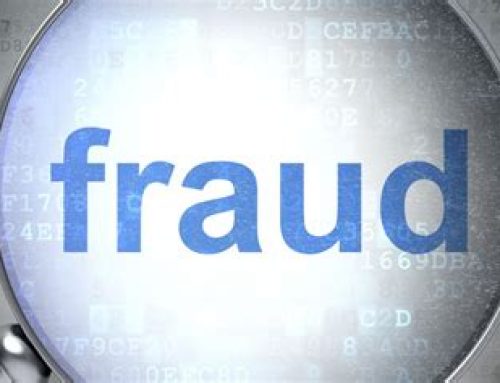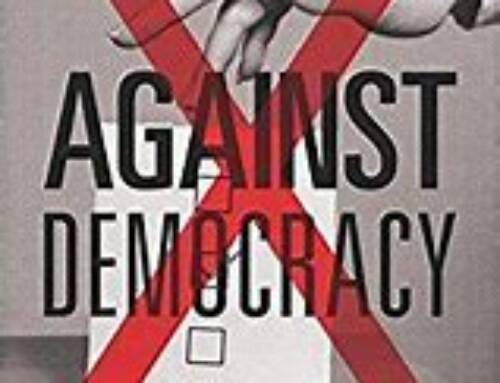 Last Friday (June 22, 2012) the NC Legislature passed an insurance bill (HB 237), allegedly to help the N.C. Industrial Commission track employers to make sure they obey the law and purchase workers’’ compensation insurance when they have three or more employees. This bill keeps information confidential that is sent from the Rate Bureau (the private body that tries to set insurance rates for workers’’ compensation and other insurance premiums in this state) to the N.C Industrial Commission. It adds the Industrial Commission to an existing statute (NCGS Section 58-36-16) that allows information about an employer’s experience rate modifier and other sensitive information from the Rate Bureau that is already being sent to the Department of Labor.
Last Friday (June 22, 2012) the NC Legislature passed an insurance bill (HB 237), allegedly to help the N.C. Industrial Commission track employers to make sure they obey the law and purchase workers’’ compensation insurance when they have three or more employees. This bill keeps information confidential that is sent from the Rate Bureau (the private body that tries to set insurance rates for workers’’ compensation and other insurance premiums in this state) to the N.C Industrial Commission. It adds the Industrial Commission to an existing statute (NCGS Section 58-36-16) that allows information about an employer’s experience rate modifier and other sensitive information from the Rate Bureau that is already being sent to the Department of Labor.
With as many as 30,000 employers with no insurance (according to a recent article in the News and Observer, and this information was revealed by gaining access to these public records) there is now more reason than ever to maintain the public status of this information. So, why would the legislature want to make this information exempt from public disclosure?
It makes sense that the Industrial Commission keep this information confidential and not allow it to become a “public record.” In North Carolina we have a law (NCGS Section 132-1) that says any document concerning the transaction of business within a government agency should be open to the public, unless otherwise specifically provided by law, since such documents are the “ property of the people.”
The strange part of the bill is another section (NCGS Section 58-36-17) that that says the Rate Bureau shall provide information indicating “the status of workers’’ compensation insurance coverage” and that this information shall also be kept confidential and specifically exempted from the public records law. The problem is that another statute already requires employers to provide this information directly to the Industrial Commission under NCGS Section 97-94(a), and that information is currently not exempt from the public records law.
There is nothing sensitive about it. It simply provides proof that the employer has insurance, and that is key information for the public to have. With as many as 30,000 employers with no insurance (according to a recent article in the News and Observer, and this information was revealed by gaining access to these public records) there is now more reason than ever to maintain the public status of this information. So, why would the legislature want to make this information exempt from public disclosure? Something strange is happening here. The legislation is on the Governor’s desk to be signed. It will be interesting to see if she signs it.







Leave A Comment
You must be logged in to post a comment.